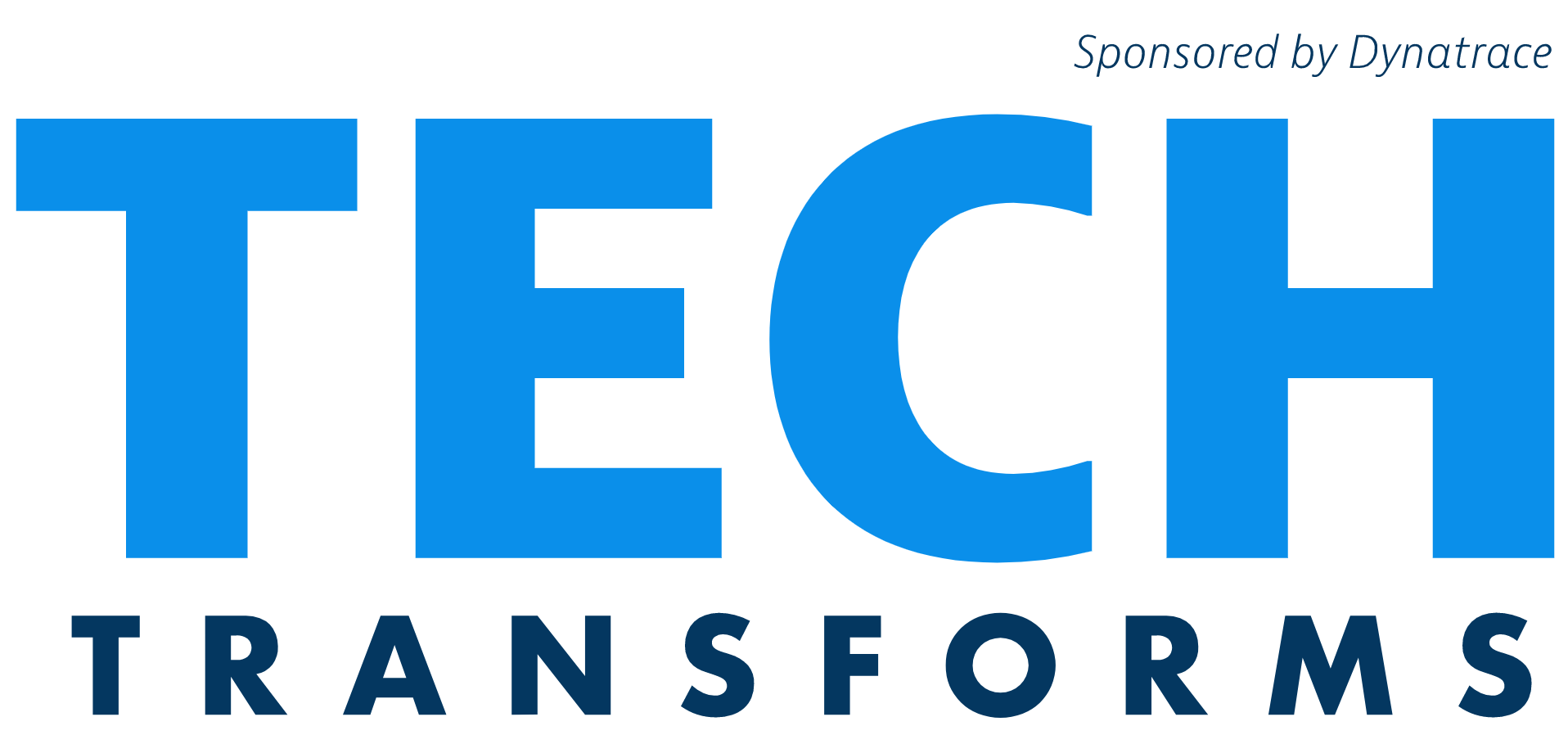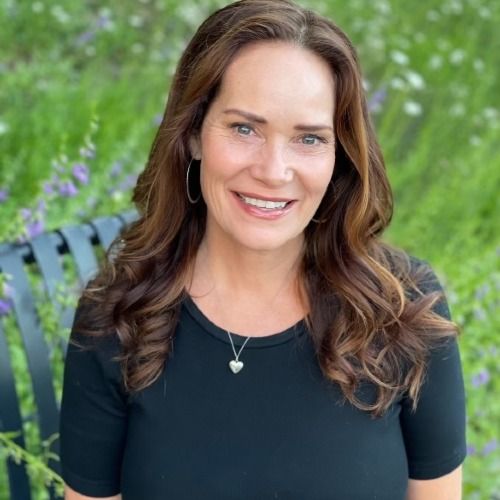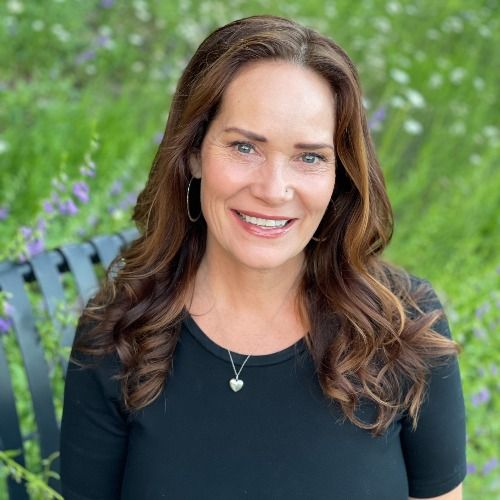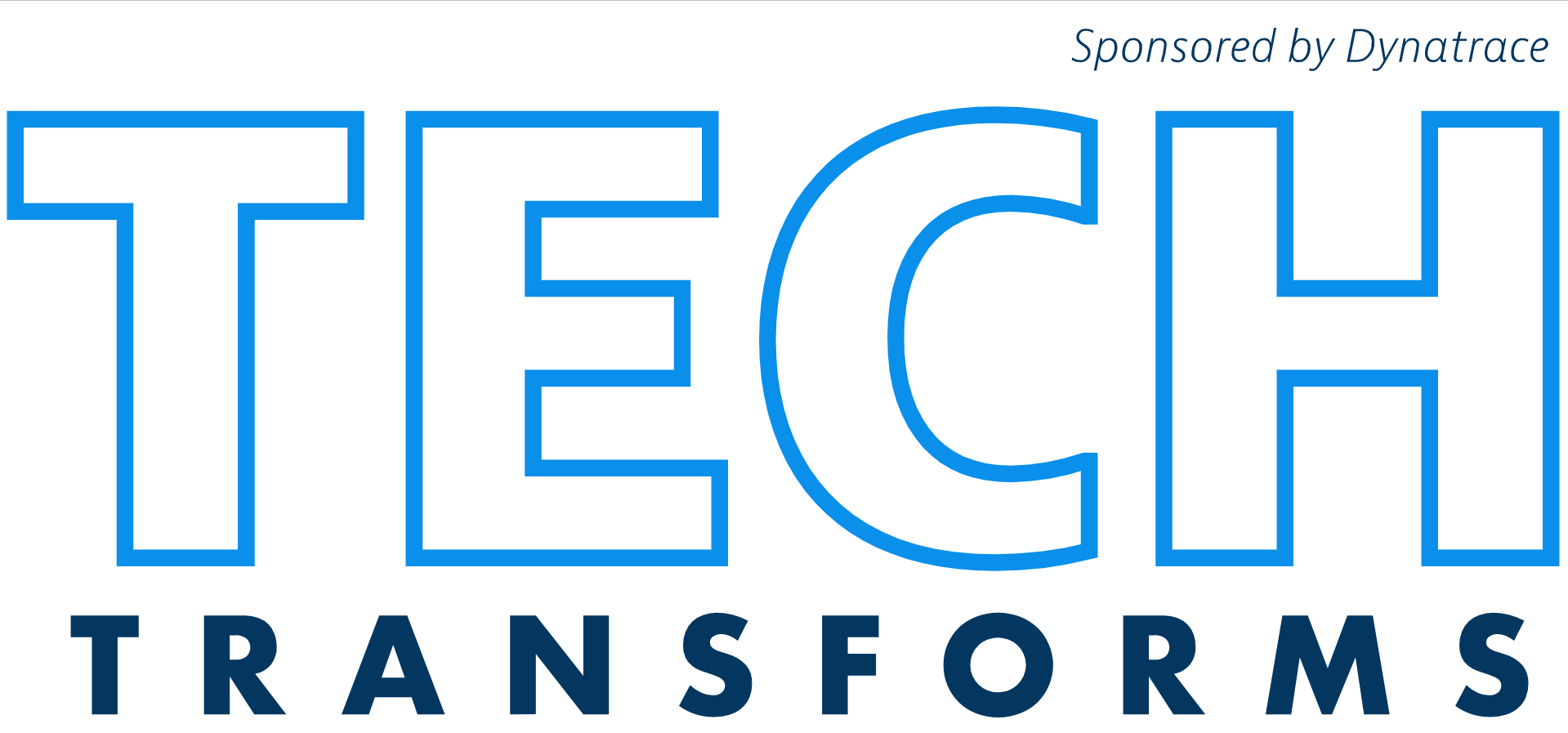Episode 31
Women in Tech Part 2 with Space Force's Jazmin Furtado and U.S. Army's Kris Saling
Listen in for part 2 of our women's panel with Kris Saling, Chief Analytics Officer for the Army Talent Management Task Force and Director of People Analytics in the office of the Assistant Secretary of the Army (Manpower & Reserve Affairs), and Jazmin Furtado, Liaison at AI Accelerator and Data Strategy Lead at US Space Force. In this episode, Carolyn, Kris, and Jazmin get real about the power of the collective, emerging solutions, and the importance to assess and provide within federal government technology.
Episode Table of Contents
- [00:31] Meditation Is Really Good
- [07:40] Where Are We Going With AI
- [13:14] Are Women in Tech Paid Equal Like Their Male Counterparts
- [20:40] Tell People How Much You’re Making
Episode Links and Resources
Meditation Is Really Good
Carolyn: We are in part two of our women in technology panel, with Kris Saling, Deputy Director of Army People Analytics, and Captain Jazmin Furtado a Data Strategy Lead at the US Space Force and Space Force Liaison at the MIT AI Accelerator.
On today's episode, we're going to dive more into government technology in general. I get Kris and Jazmin to do a little fortune-telling on where tech is headed. What advancements they've seen in their careers. And we get real with some salary talk. Just a little reminder, the views of Kris and Jazmin are their own and do not necessarily reflect the views of their agencies. Now let's get to it on Tech Transforms with our women panel.
I know that meditation is really good for the monks that live in caves in India. And I know that I should probably do it. Until I saw the science behind it and what it can really do for my brain. I dabbled in it. I never fully embraced it. And once I started understanding why it was working and that there was true science behind it, man, I'm all in. I'm just thinking of just one example of things that are good for me in my life, that I've been able to embrace and bring into my life because I understand them. I understand how they work rather than like you said, Kris, the leadership saying, "No, we don't give a shit about how you got there. Just give us the answer."
Make The Process More Efficient
Carolyn: But now you're getting people who really want to understand why. I would imagine that the program for the answers that you've been spoonfeeding them. The programs are becoming a lot more powerful and effective. Because the people who are taking those in the past spoonfed answers. Now really understanding them can truly implement them at a level that is a lot more powerful. Is that true?
Kris: I would say that's definitely true because we're working on a couple of projects right now where we are trying to integrate machine learning into promotions and selections as a decision support tool. I'd never in a million years, would've thought we'd get a chance to work on that data and introduce something that is an algorithm into a just intrinsically human process.
But we have enough people thinking along this vein. We have enough people looking at the data we've collected about how we read records and how we read files. And they're like, "There's got to be an easier way to do this. There's got to be something we can do to support the board, to pull out the key insights. To package them differently, to display them differently, to sort." And they came to us with the question of how can we make this process more efficient?
And I just came back with exactly what the computer is supposed to do. It doesn't get tired, it doesn't get bored. Its attention doesn't wonder, and it can read things a whole heck of a lot faster than we can. So let's see how we can crunch your data a little bit better into more digestible packages for you to review.
A Long Way to Go For AI
Kris: So we keep the human in the process. We keep that comfort level, but now the humans have enough comfort with the machine process. It's not quite human-machine teaming yet. I'm hoping that we'll get to some true instances of human-machine teaming. But we've got an algorithm producing a product that's digestible and a receiver on the other end that trusts it.
Carolyn: So you guys both heavily involved in AI, Jazmin, what are the advances that you see coming up in AI? Be my fortune teller for a minute. What is the landscape looking like in the next year, three years, even five years. Where's it going?
Jazmin: I guess currently what we're seeing is a lot of actually pretty narrow cases of AI. I would say AI is at its current state, not as pervasive in all industries, as we probably would expect. It’s definitely very prominent in a select few industries. But there's quite a few businesses and just overall industries too, that just haven't embraced it to the same extent. And so we still have a long way to go until we see AI really integrated with a lot of our day-to-day work.
Carolyn: Why do you think that is? I don't want to derail. I want you to come back to that, but why?
Jazmin: So I think there's still nervousness by some groups that haven't used it or not as familiar with it. They are not sure how to use it. Or they don't know how it could immediately benefit their operations. Because they don't see the parallels or they don't understand how those parallels could apply in their day-to-day work. So that's a piece.
A Legitimate Concern
Jazmin: Also I think the lack of policy and regulation on AI technology. How to utilize and integrate AI technology into your business also scares a lot of people like, "Am I going to be sued? That's a legitimate concern. To what extent can I use this?
And it's also seen as an extra investment if I'm not using it now. I don't know exactly how it's going to benefit me. It's a coin toss if that's really going to help in the long term. I think some people may think of it like that. Then why would I put up that investment now, if what I'm doing is working for me for the meantime. So there's that near-term view as well.
Carolyn: So we conducted a survey. I worked with Market Connections to pull IT mission owners within the DoD and Fed CIV. And we asked them some of these questions. So what you just said, from your own experience is backed by the data, which we all love. Just that some of the biggest barriers that we saw IT mission owners site for not embracing AI.
First, they thought it was super important and then they needed it. But they hadn't implemented it. And they didn't really have plans to implement it, partly because they're scared of it. They don't understand it. There's a big learning curve. There's a perceived expense. And their challenges, interestingly enough, were finding root cause and accomplishing everything that needed to be accomplished with a limited staff.
I'm just sitting there going, "Hey, I can do this for you and you're not implementing it." So what you just said, like I said, has been validated. I'm sure not just by the survey that I did, but by others. So back to where are we going with AI?
Where Are We Going With AI
Jazmin: I think we're seeing a lot of pretty big breakthroughs in AI technology in the industries that AI's really being embraced. I think we all know about autonomous vehicles, for example.
Carolyn: Really are we going there?
Jazmin: I think it's just a matter of time.
Carolyn: Well, am I going to get an iron man suit then? Because that's what I really want.
Jazmin: That may be a little bit further away. Flying, like individual flying capability is a little bit further away for transportation purposes than recreational. But the autonomous vehicle I think gives technology or just autonomy there in navigation I think is advancing.
I think it is, that will be pretty transformative in terms of our job landscape. What we do on a regular basis. How much time is spent driving tour or driving to places, whether it be leisure, for business, and having that free time. I think a lot of people would buy into having that free time. Of course, there's still things to work out in that arena. But when that's ironed out, I think that'll be a pretty big breakthrough.
I don't know if it's more near term or not. But the concept of the metaverse. I think AI is going to be very important there. AI is very foundational to both of these areas. But I think with the metaverse it's going to provide opportunities for a lot of advancements in AI technology in terms of how it's utilized. With the creation of the metaverse, I know the concepts are still really new. But the potential for it to gather a lot of data and be able to create virtual world.
Exciting and Terrifying Possibilities With AI
Jazmin: It's going to be leveraging AI in ways that it wasn't thought of before. So I think those are really great areas for breakthroughs in AI.
Carolyn: Yes. And think about what it can do to the diversity and inclusion arena. Because we can be whatever we want in the metaverse. I can be a woman, but I can also be a lion if I want.
Jazmin: And interact. I know the possibilities are exciting, but also equally terrifying.
Carolyn: Yes. A little bit.
Jazmin: There’s so much unknown in that. But can't discount the impact that AI and technology is going to have in these arenas. Of course with great power comes great responsibility sort of thing. But I don't think there's any stopping it. It's just a matter of who's going to be at the table to help shape and mold those technologies. The who is the biggest part of it.
Carolyn: Yes. So Kris, you were nodding your head a lot and really a lot when it came to the metaverse. So what are you seeing? What's your prediction?
Kris: Oh goodness. It's hard to top things that Jazmin listed out. Those are kind of the ones that are top of mind. Looking in the personal space, one of the things we're studying is the psychology of human-machine teaming. I don't think it's science fiction I think a lot of it's happening right now, even with our limited AI. Since we have a lot of folks using virtual assistance of some kind to do any number of different functions.
Human-Machine Teaming
Kris: We have virtual chat. We have all these different types of things that we're already interacting with. And we've done a lot of exploration of what the ethics look like in this. I think that's the piece that's going to come up fast because the technology is just going to explode. We have tremendous innovators. Both for better or for worse are going to go out and develop amazing things.
I think if we don't think about how we're going to use these things and how we're going to expect them to interact with us. I just have a policy letter out for staffing on the use of personnel data for various purposes and various roles. And one of the roles we had to include was autonomous systems. What kind of data about our personnel are we going to share with these autonomous systems? Because they're going to be making decisions about how they interact with us.
So I see a lot of interesting things happening in that space. But it's one of the things we've got to get through simulation. We've got to get through the world of what if and figure out how we want these things to interact. What kind of capabilities we need to build in our humans to interact with them. Because I think restraining technology at this point, just Jazmin said, it's not happening.
Carolyn: Let's go back to Spiderman. With great power comes great responsibility. And I am so grateful that I am looking at two leaders in this space that I truly believe have our best interests. Our world, our children's best interest at heart and are going to use this power for good.
Are Women in Tech Paid Equal Like Their Male Counterparts
Carolyn: But I want to come back around to something that we talked about in our last episode. That's just the disparities that we've noticed in the workforce as a woman, challenges that we've run into. So statistics say that we are still not being paid. I hate that we're coming back to pay. But this is an important topic. That we are still not being paid the same as our male counterparts. Now I would hope that in the government, that might be better. But let me just ask you both. Do you think, do you believe that you are being paid exactly what your male counterparts are being paid? Kris, let's start with you.
Kris: We're not going to take the cheaters' rule out and say that because of law and statute, we have to be.
Carolyn: Yes.
Kris: So I think the bigger question is, it's not a monetary cost. It's an opportunity cost more than anything. I'm going to talk both about women and minorities progressing through the system. We see different kind of fall off points where we fail to retain them and we fail to progress. And when we look at it, it's not because of any kind of overt bias or anything that we could fix easily with policy. It's because they're not being brought in.
Again, kind of coming back to that topic about bringing into the network, bringing into the mentorship, bringing into the opportunities. They're either in branches or functions that don't typically get some of the all-star opportunities that allow them to progress rapidly. Or there are other things that kind of contribute to that opportunity cost.
An Opportunity Cost
Kris: So I think there are people who are moving through the space. There are people with very good reputations who are moving through the data space, especially. But I think as an organization, we kind of have to figure out how to broaden the talent bench that we're pulling from. So that we don't overly constrain who we're pulling from, for some of those opportunity positions.
Carolyn: You've seen that with the data that you're looking at, this is not anecdotal. This is not just, this is what I think is happening. This is what you're seeing at a very macro level with the data, the opportunity.
Kris: Yes, anytime we see the disparities, it's like we can almost directly pull back and look at who's in the organization? What functions are they performing? And as an army, we are very focused on command channels. And then anything that kind of falls in as staff or key enabler. Just even with the word enabler, you kind of classify that as secondary. It's something that is supporting my main effort.
We've been trying to challenge that a little bit. Just looking at what the future of warfare, multi-domain operations, enjoying all domain operations look like. There's a lot of digital in those domains. And a lot of the functional areas, a lot of the talent sets that we need are I think going to become a lot more front and center. If they haven't already. I think not at the risk of sounding a little bit doom and gloom, but we really need to focus on those areas. I would say we are, but I can't stop beating the drum to focus on those areas.
Are There Missed Opportunities for Being a Woman in Tech?
Carolyn: Do you personally think Kris that you've had missed opportunities throughout your career because you're a woman?
Kris: I wouldn't say because I'm a woman per se. I think it's more just because I'm an ORSA, I'm an Operations Research and Systems Analyst. And I'm not on a command track. So I've been lucky. I've had commanders who have seen some of the stuff that I do. They’ve seen my value and pulled me into positions where I can exercise that. But that's not true throughout my career field. So I don't necessarily want to say, "Hey, look what the Army's doing." Because they've empowered me to do all this stuff. I was like on one data point and I'm not a representative sample.
Carolyn: Yes. And just for listeners that maybe aren't familiar and you too correct me if I'm wrong. But especially in the DoD, the pay scale is whatever your rank is, that's what you get paid. It doesn't matter if you're a man or a woman or a person of color. And that's why Kris, it was a very good point that it's the opportunity that there's the disparity in. Because theoretically, that pay has to be the same across the board. Jazmin, how about you, as far as pay goes, we just kind of level set that, but have you noticed missed opportunities or anything else through your career?
Jazmin: So I've actually seen quite a few people in the technology realm. And I think this is echoing a lot of what Kris was saying in that, a lot of the incentives for tech professionals in the military are not equal. Or they're not at the same level as maybe more operational roles.
Monetary Incentives for Serving Longer
Jazmin: So as in like the air force gives you incentives. Pilots, you have incentives to stay in for a little longer, you get a little, I don't want to say carrots. But there are some monetary incentives to stay in and serve for longer. If some folks are trying to get out after their commitment. But you don't necessarily see that same incentive structure at all is different depending on what sort of career fields you're in.
And I think there is an effort and you see it in various ways that the services to try to flag people that do have technology specializations or technology backgrounds to try to focus on certain tech fields and operations research was one of them. To try to provide incentives for folks to stay in these fields. So we're seeing a little bit more. But it's definitely not as ingrained as the incentive structure that we see more in the operational community. I think that does play a role in that disparity, not so much from a gender specific realm, but from a job perspective, from a stem point of view.
But I think all of these, the various disparities we see really can be combated in part by increased transparency. So exactly what Kris is doing and providing the analysis and providing that information out to the masses of what the challenges are and leave it to the individual to determine what to do with it.
How is it going? This is hopefully unbiased. So this analysis, this is the information, this is the data, do with it as how you see fit. And that provides incentive for those that are being assessed to make sure that they are making the necessary changes to provide.
Tell People How Much You’re Making
Jazmin: Or to better their own organization in the long term and change their policies or procedures or incentive structure. To be able to keep and attract the talent that they need, which we need to attract the minority diverse fields.
So I think transparency not just on the analysis front, but also on just the pay, just to get broadly speaking outside the government, there are more and more applications now where you can see how much someone in your career field's making. And I think some people want to hold that close and like, "Oh, I don't want to share what I'm making." I'm very much a proponent.
Tell people how much you're making. Mentor people, tell them how much they should be expecting to make in these career fields? Because if you don't have that...




